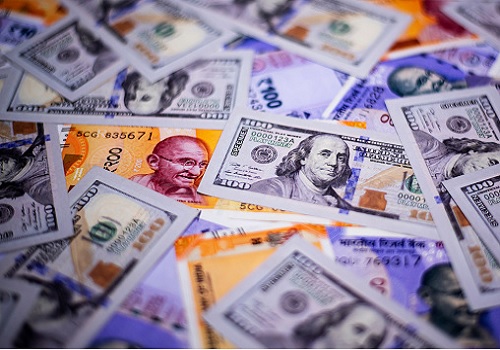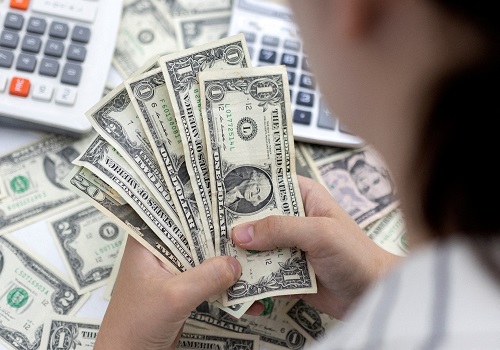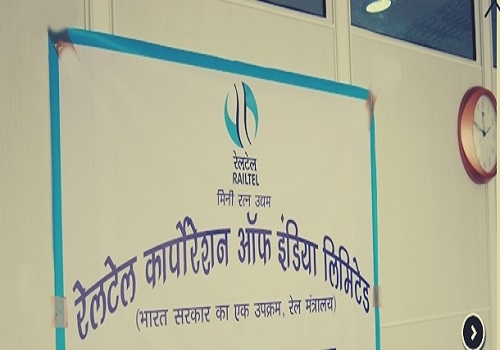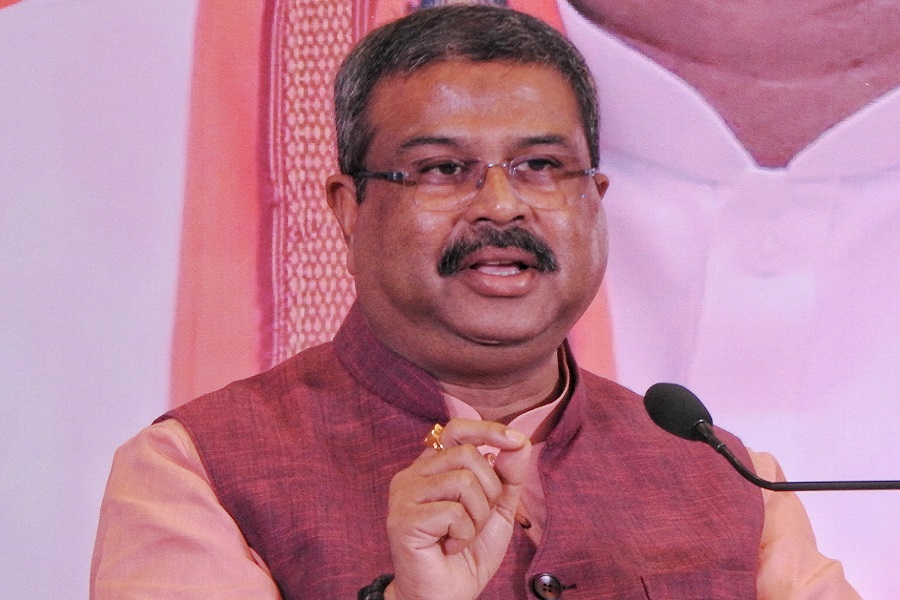Markets end volatile session with significant gains
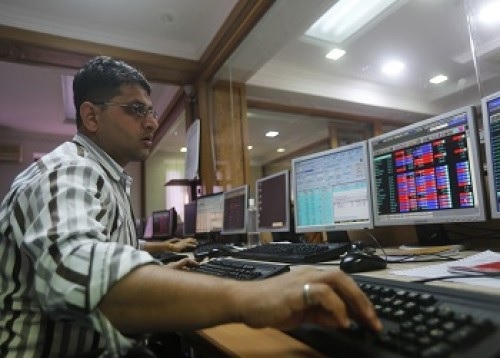
Follow us Now on Telegram ! Get daily 10 - 12 important updates on Business, Finance and Investment. Join our Telegram Channel
Markets end volatile session with significant gains
Indian equity benchmarks moved significantly higher amid heightened volatility on Tuesday, mainly driven by buying in banking, financial and IT stocks amid positive cues from global markets. The benchmarks made gap-up opening, as traders got some support with Finance Minister Nirmala Sitharaman’s statement that the fiscal measures taken by the government have resulted in positive growth of 0.4 per cent in the third quarter of the current financial year. The minister further said that the gradual unlocking of the economy has eased supply-side disruptions enabling inflation to decline from 7.6 per cent in October, 2020 to 4.1 per cent in January 2021, mainly on account of decline in food inflation. She added that the economy is estimated to contract by 8 per cent during 2020-21 due to the impact of the COVID-19 pandemic. Sentiments remained positive with Chief Economist of the IMF Gita Gopinath’s statement that India has been at the forefront in fighting the coronavirus pandemic and ‘really stands out’ in terms of its vaccine policy. She noted that India has been providing vaccines through grants to several of its neighbour countries, including Bangladesh, Nepal and Myanmar, and through commercial arrangements as well.
However, markets gave up gains in afternoon trading, as some concern came with Fitch Ratings’ report stated that the impact of Covid-19 pandemic is likely to pose challenges to improving financial performance of Indian banks once asset-quality risks manifest in the financial year ending March 2022 (FY22). The banks reported lower impaired loans and improved profitability for nine months ended December 2020 due to various forbearance measures and continued large write-offs. But late buying in private banks and IT shares helped benchmarks close near the day's highest levels. Traders found support after Ministry of Finance, Department of Expenditure has released the 19th weekly installment of Rs 2,104 crore to the States. Out of this, an amount of Rs 2,103.95 crore has been released to 7 States and an amount of Rs. 0.05 crore has been released to the Union Territory of Puducherry. Meanwhile, 15th Finance Commission Chairman NK Singh has called for setting up a Fiscal Council like institution to better manage the debt trajectory of the Centre and states. He also highlighted the ‘substantial’ increase in the proportion of cess and surcharge in Gross Tax Revenue (GTR) in the past 10 years, saying only if a Constitutional amendment is introduced to include a portion of it into the divisible pool, then states' could get a share of the revenue earned under that head.
On the global front, European markets were trading higher as Euro zone government bond yields dipped across the board, helping ease worries around inflation and higher interest rates. Besides, data showed U.K. retail sales returned to growth last month, prompted by the prime minister's roadmap to reopening announcement. Total retail sales grew 1 percent on a yearly basis in February while like-for-like sales advanced 9.5 percent. Asian markets ended mostly higher on Tuesday amid hopes for faster economic recovery from the coronavirus pandemic. Separately, the Cabinet Office said Japan's GDP climbed an annualized 11.7 percent in the fourth quarter of 2020, missing expectations for an increase of 12.8 percent following the 22.9 percent surge in the three months prior. Back home, on the sectoral front, aviation stocks were in focus with ICRA’s report that India's domestic air traffic fell 37 per cent year-on-year to 78 lakh (7.8 million) passengers in February amid travel curbs and capacity restrictions due to the pandemic. There were some reactions in banking stocks as Fitch Ratings said the impact of Covid-19 pandemic is likely to pose challenges to improving financial performance of Indian banks once asset-quality risks manifest in the financial year ending March 2022 (FY22).
Finally, the BSE Sensex rose 584.41 points or 1.16% to 51,025.48, while the CNX Nifty was up by 142.20 points or 0.95% to 15,098.40.
The BSE Sensex touched high and low of 51,111.94 and 50,396.10, respectively. There were 19 stocks advancing against 11 stocks declining on the index on the index.
The broader indices ended in red; the BSE Mid cap index fell 0.66%, while Small cap index was down by 0.41%.
The gaining sectoral indices on the BSE were Bankex up by 1.87%, Finance up by 1.85%, IT up by 0.89%, TECK up by 0.65% and Consumer Durables up by 0.33%, while Metal down by 2.24%, Oil & Gas down by 2.02%, Utilities down by 1.85%, PSU down by 1.60% and Realty down by 1.22% were the top losing indices on BSE.
The top gainers on the Sensex were Kotak Mahindra Bank up by 3.35%, HDFC Bank up by 2.85%, ICICI Bank up by 2.80%, HDFC up by 2.68% and Tech Mahindra up by 2.04%. On the flip side, Power Grid down by 1.97%, ONGC down by 1.23%, NTPC down by 1.00%, Dr. Reddys Lab down by 0.95% and Bharti Airtel down by 0.77% were the top losers.
Meanwhile, Finance Minister Nirmala Sitharaman has said that the fiscal measures taken by government during 2020-21 have been calibrated to sustain high spending in the economy and assist in its V-shaped recovery, resulting in a positive GDP growth of 0.4 percent in third quarter of FY 2020-21. The economy is estimated to contract by 8 per cent during 2020-21 due to the impact of the COVID-19 pandemic.
The minister further said that the gradual unlocking of the economy has eased supply-side disruptions enabling inflation to decline from 7.6 percent in October, 2020 to 4.1 percent in January 2021, mainly on account of decline in food inflation. She said lower inflation has increased the real purchasing power of the people leaving more money in their hands to spend. She noted that the money to spend has further increased under PMGKY and ANB packages through direct benefit and in-kind (food; cooking gas) transfers, emergency credit to small businesses and wage increases for MGNREGA workers, among others.
With regard to lockdown, Sitharaman said the government imposed a strict 21-days nationwide lockdown from March 25, 2020, to contain the spread of COVID-19 and ramp up the health infrastructure with a view to saving lives. She stated that astute management of the lockdown and subsequent unlocking along with strengthened health infrastructure was accompanied by roll out of Pradhan Mantri Garib Kalyan Yojana (PMGKY) and Atmanirbhar Bharat (ANB) packages that besides saving lives also protected livelihoods and businesses. She added that these measures, amounting to Rs 29.87 lakh crore - equivalent to 15 percent of India's GDP, have boosted consumer confidence as their implementation advanced through 2020-21.
The CNX Nifty traded in a range of 15,126.85 and 14,925.45. There were 24 stocks advancing against 26 stock declining on the index.
The top gainers on Nifty were SBI Life Insurance up by 4.97%, Kotak Mahindra Bank up by 3.08%, HDFC Bank up by 2.93%, Tech Mahindra 2.76% and HDFC up by 2.70%. On the flip side, BPCL down by 4.55%, Tata Steel down by 3.90%, GAIL India down by 3.31%, Indian Oil Corporation down by 2.90% and Power Grid down by 2.11% were the top losers.
European markets were trading higher; UK’s FTSE 100 increased 37.96 points or 0.56% to 6,757.09, France’s CAC increased 14.85 points or 0.25% to 5,917.84 and Germany’s DAX increased 66.04 points or 0.46% to 14,446.95.
Asian markets ended mostly higher on Tuesday amid hopes for faster global economic recovery from the corona virus pandemic after expected passage of the US stimulus package, but worries about high inflation kept the market sentiments still under pressure. Japanese shares ended sharply higher as the yen retreated against the US dollar after the release of weak GDP and household spending data. Japan's GDP climbed an annualized 11.7% in the fourth quarter of 2020, missed expectations for an increase of 12.8% following the 22.9% surge in the three months prior. While, the average of household spending in Japan was down 6.1% year-on-year in January, missed expectations for a decline of 2.1% following the 0.6% contraction in December. However, Chinese shares slumped as investors struggled with signs that top financial regulators will take more action to curb debt levels and prevent asset bubbles from forming.
Above views are of the author and not of the website kindly read disclaimer

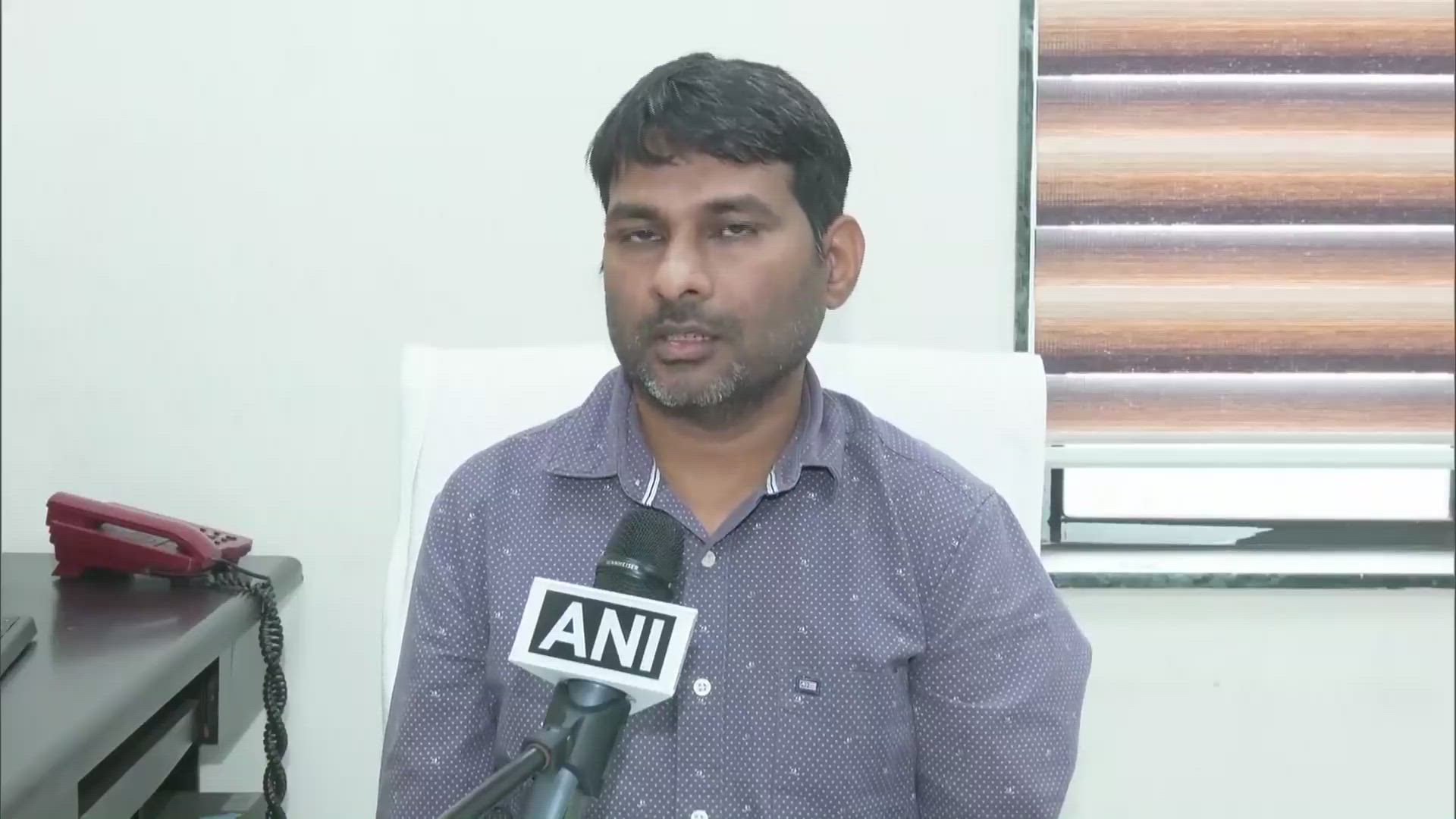




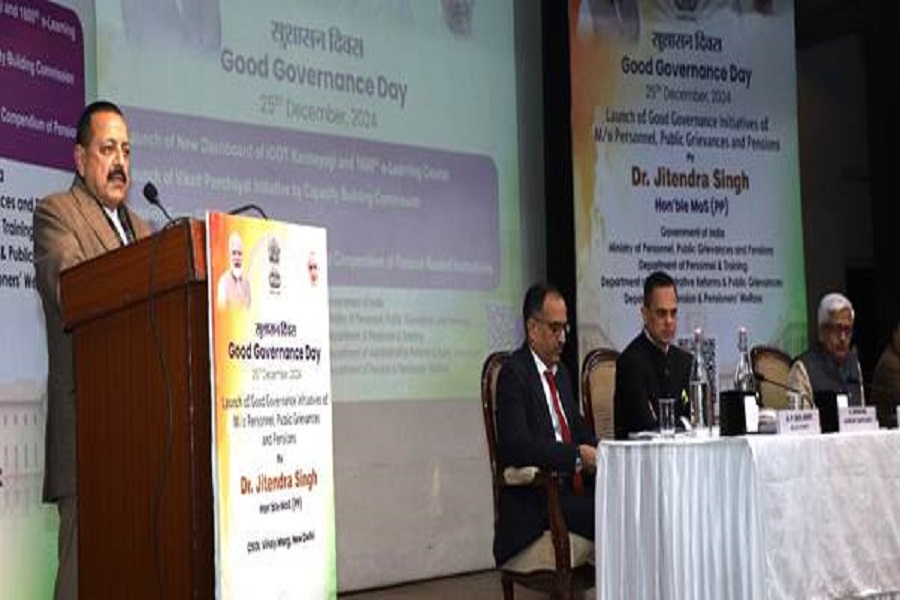



Tag News

Weekly Market Analysis : Markets strengthened recovery and gained nearly 2% in the passing w...



More News

Benchmark index traded volatile before closing with 0.4% cut at 16356 level - Monarch Netwo...

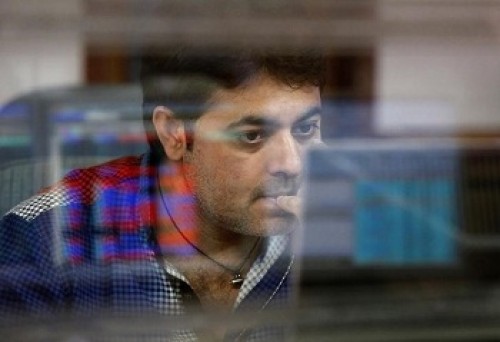



 320-x-100_uti_gold.jpg" alt="Advertisement">
320-x-100_uti_gold.jpg" alt="Advertisement">

